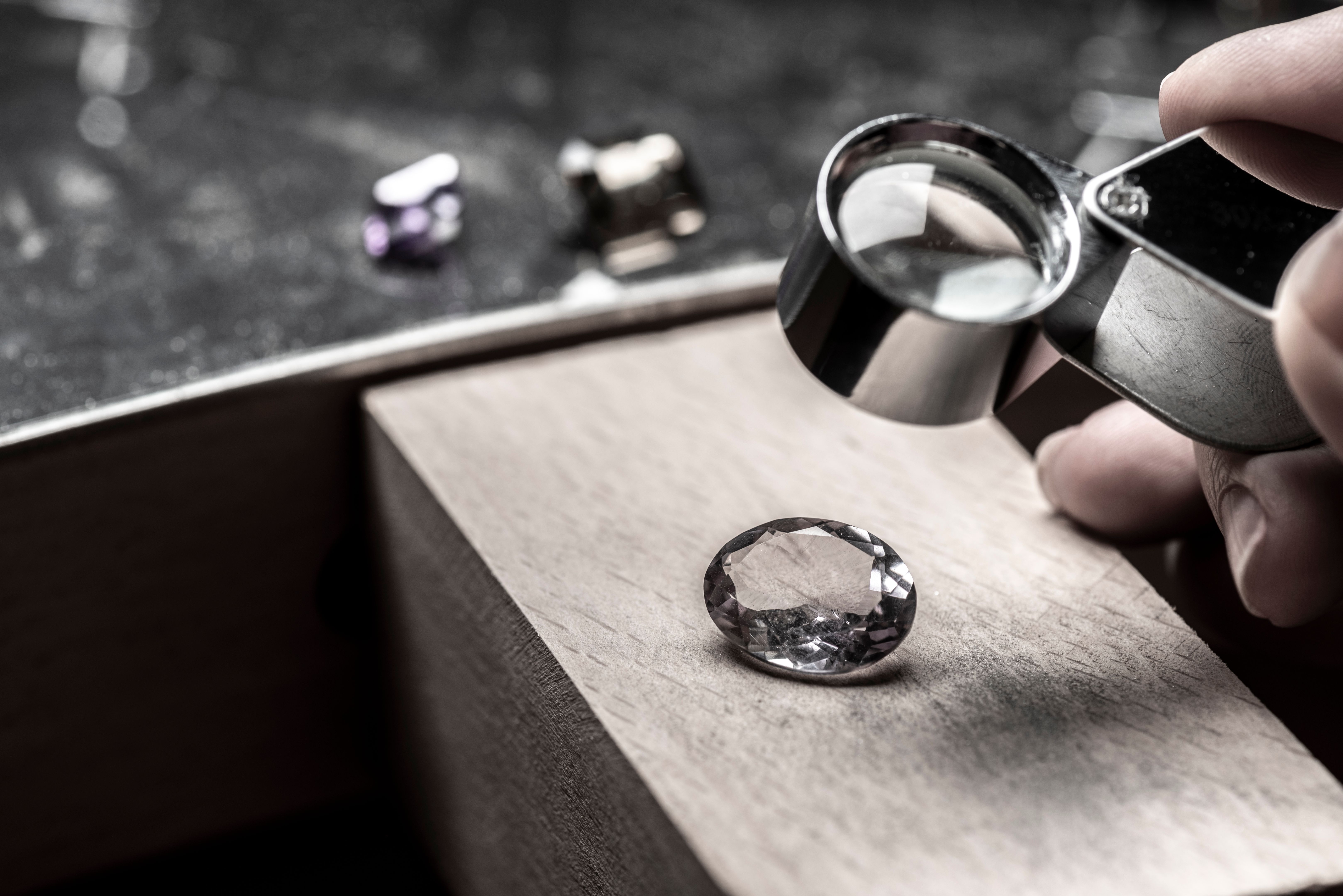Expert Tips for Appraising Jewelry and Valuables
Understanding the Basics of Jewelry Appraisal
Appraising jewelry and valuables is a delicate process that requires both expertise and a keen eye for detail. Whether you are evaluating a family heirloom or considering purchasing an antique piece, understanding the basics of appraisal is crucial. An accurate appraisal will help ensure you are getting the right value for your items, whether for insurance purposes, resale, or personal knowledge.

Factors Influencing Jewelry Value
Several key factors influence the value of jewelry and valuables. These include:
- Materials: The type and quality of materials used, such as gold, silver, platinum, and gemstones.
- Craftsmanship: The skill and technique involved in creating the piece.
- Brand: Well-known brands or designers typically command higher values.
- Condition: Wear and tear can significantly affect an item's value.
- Provenance: The item's history or unique story that may add value.
By understanding these components, you can better appreciate the complexity of appraisals and why two seemingly similar items may have vastly different valuations.
Choosing a Qualified Appraiser
Choosing the right appraiser is crucial to obtaining an accurate valuation. A qualified appraiser should have extensive experience and be certified by a recognized professional body. Look for certifications such as those from the American Gem Society (AGS) or the International Society of Appraisers (ISA). It's also important to ensure that the appraiser is independent and has no vested interest in the sale or purchase of your items.

The Appraisal Process
The appraisal process typically involves a thorough examination of the piece, where the appraiser will assess the materials, craftsmanship, and condition. They may use specialized tools to examine gemstones and metals closely. After the examination, the appraiser will provide a detailed report outlining their findings and the estimated value. This document is important for insurance, resale, or estate planning purposes.
Common Mistakes to Avoid
There are several common mistakes people make when appraising jewelry and valuables. Avoid these pitfalls to ensure you get an accurate evaluation:
- Relying on Self-Appraisal: Without professional expertise, it's easy to overestimate or underestimate the value of your items.
- Ignoring Market Trends: The value of certain materials or styles can fluctuate based on current market trends.
- Failing to Update Appraisals: Regular updates are necessary as market conditions and personal circumstances change.

Preserving Value Over Time
To maintain or even increase the value of your jewelry and valuables over time, proper care and maintenance are essential. Store pieces appropriately, clean them regularly with suitable products, and handle them with care to avoid damage. Periodic professional cleaning and maintenance can also help preserve their condition and value.
In conclusion, appraising jewelry and valuables is both an art and a science, demanding expertise and careful consideration of various factors. By understanding these expert tips, you can make informed decisions that protect your investments and ensure you receive fair valuations for your treasures.
